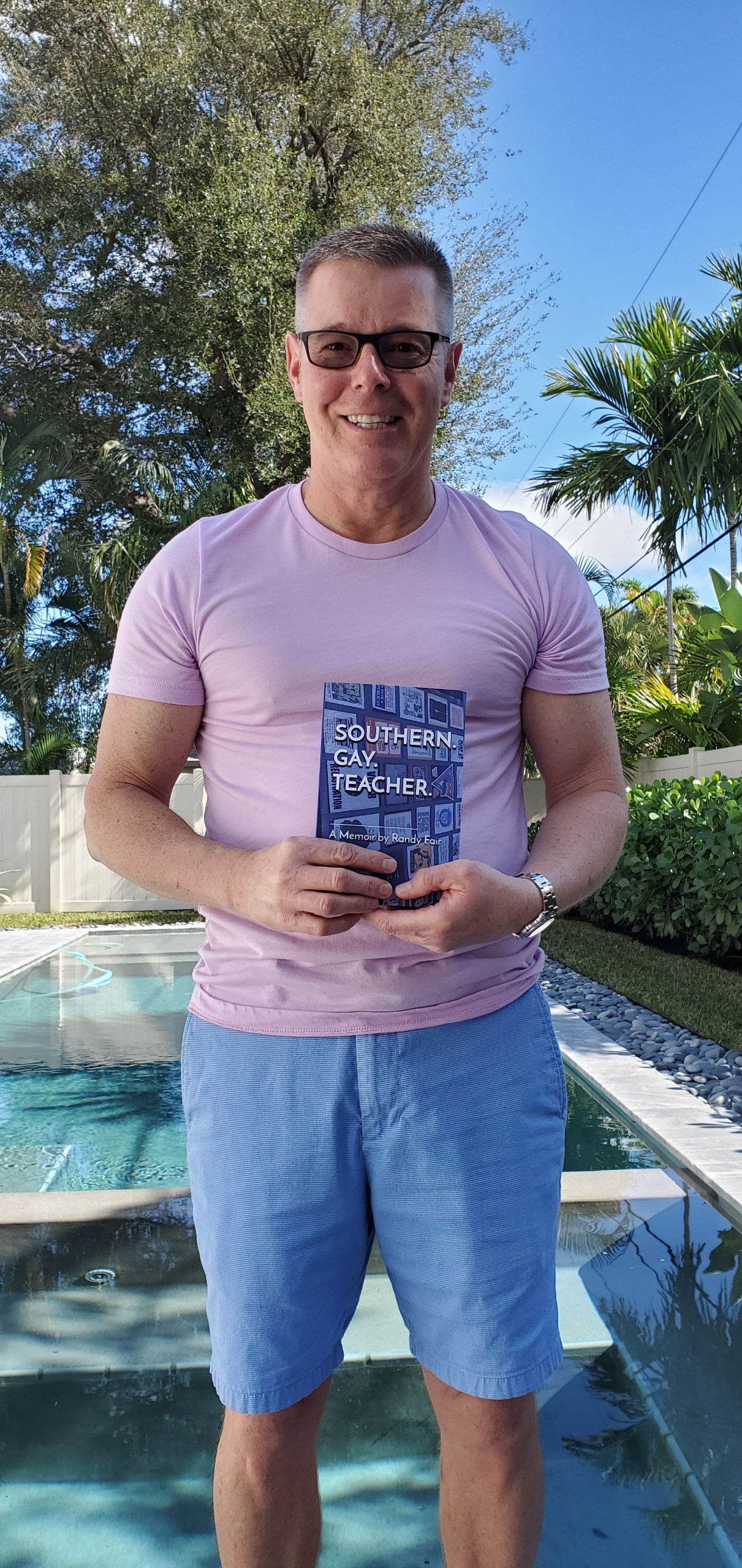
THE TRAJECTORY of my life was changed because of a book written by a gay activist. It was 1986, and I had just moved from Weaver, Alabama, to Atlanta. In that time period, LGBT life was almost exclusively centered on bar culture, and longing to find a place where I belonged, I had visited the Pharr Library bar in Atlanta for a year before I was finally able to move to the city.
At first glance, it would have appeared that the Pharr Library would be the last place I would have been able to find a community because the clientele included some of the wealthiest and most fashion-conscious gay men in the entire city. The bar was known as an “S and M” bar, as in “stand and model.”
I couldn’t have been more “country” and more out of place. I was first exposed to the bar by a group of cheerleaders from my university, Jacksonville State, in Alabama. That first night when they picked me up, I didn’t have time to change. I had on a shirt that was a knock-off version of the style of clothing that the store Merry-Go-Round was known for. I bought mine at Walmart, and I had no idea that I would be surrounded by men in expensive designer clothes.
Despite my inappropriate attire and my propensity to dance at a bar where dancing wasn’t the focus, the more I returned to the bar, the more I was welcomed with open arms. The bartender, Rick Namors (AKA Julie Garden), immediately reached out to me, and when one of the regulars, a woman named Benta, realized that I was a Sigma Nu, the same fraternity as her son, she insisted that we always dance together. I became known by some as “the dancer.”
My entire social life was centered around this bar. For a whole year, I never missed a single Friday at the Pharr Library, and it was at that bar that I found most of my dates.
One of those men I started to date was Steve Epstein. Steve was fascinated by my flaming red hair, which made me look very Irish. He asked me if I had grown up Catholic, and when I said that I had, he immediately insisted that I read A Disturbed Peace, by Brian McNaught. As soon as I got the book, I realized why Steve thought of me. The picture of McNaught on the back cover looked very much like me. The first essay was transformational. “Dear Anita: Late Night Thoughts of and Irish Catholic Homosexual” had been written by McNaught to counter Anita Bryant’s “Save the Children” campaign. Although it had been written over ten years before I read it in 1986, that essay and the others in the book resonated with me like a tuning fork.
It was fortuitous that I discovered McNaught’s work. It was around that time that the AIDS crisis was hitting full force in Atlanta. My first boyfriend died months after discovering that he was HIV positive. McNaught’s essays gave me the courage to direct my anger into activism. I started going to protests with ACT UP and other groups. I cofounded the Atlanta Chapter of the Gay, Lesbian, Straight Teachers Network. I wrote columns for Southern Voice newspaper.
Fast forward: after 31 years of teaching, I retired and moved to Wilton Manors, Florida, a town that The New York Times dubbed Gayberry. It was in Wilton Manors that I was actually able to meet Brian McNaught on a personal level. I had briefly met him during a book signing in Atlanta, but I had never had the chance to explain just how much his work had meant to me.
The day I met him, he was with Ashley Herrin, a woman who appeared with her partner on the cover of Time magazine with the caption “Lesbians” in bold letters. Ashley had not even come out to her parents prior to the publication of that issue.
As I spoke with McNaught and Herrin about how much I admired their courage to do this important work, I realized that tears were streaming down my face. I would have liked it better if I had been able to control my emotions, but when I thought about the enormity of what people like McNaught and Herrin did for the rest of us, any sense of decorum was lost.
I’m not sure if the LGBT activists that went before us can ever understand how much they changed our world, but I do know that we all owe them our undying thanks.
Randy Fair is the author of Southern. Gay. Teacher.







Discussion2 Comments
I truly enjoyed reading your post on here.
My husband of 30 years is a retired educator. We met in 1990 in Atlanta and recently retired to Orlando
Wayne & David
Beautiful essay, Randy… Peggy